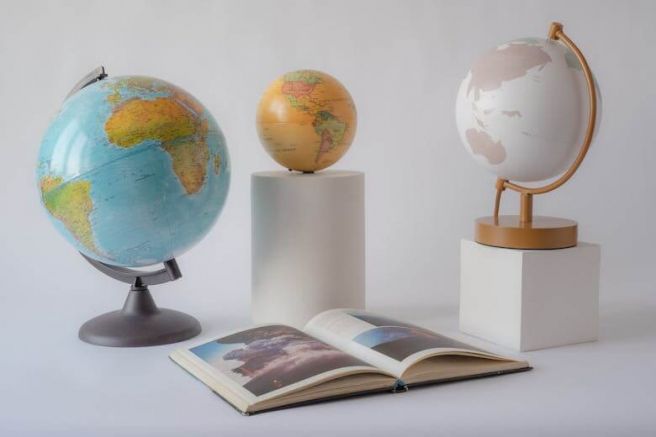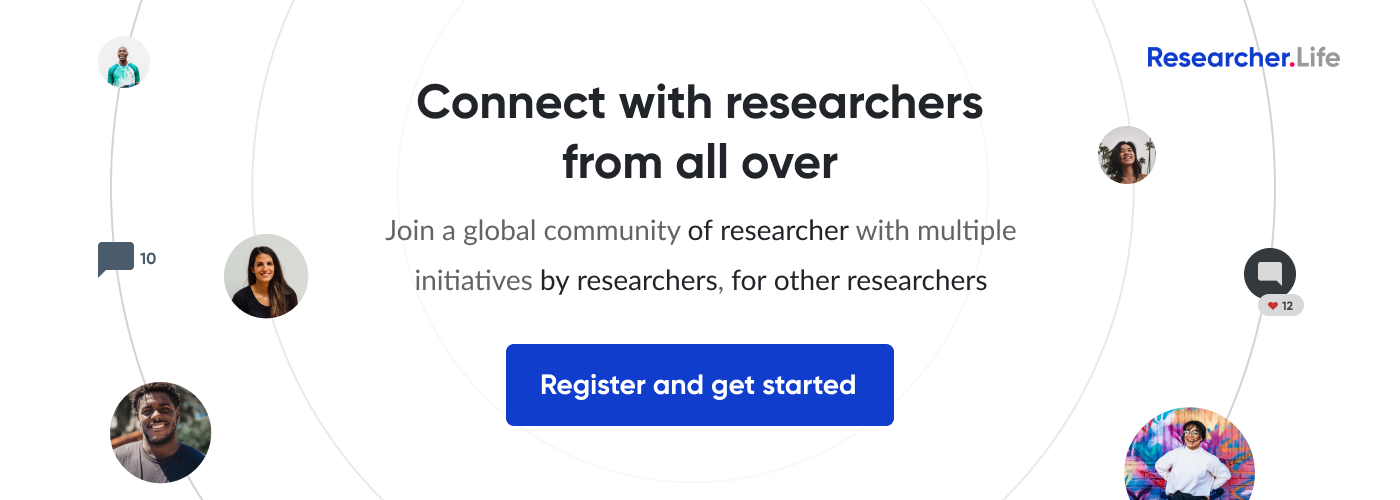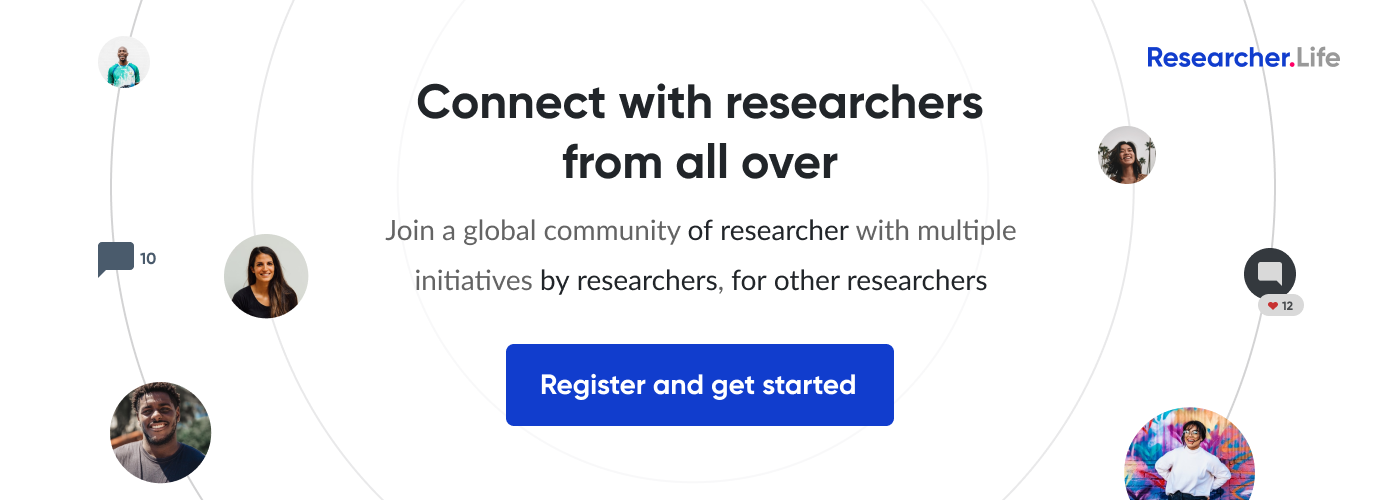Bridging worlds through translation for Nobel Laureate Han Kang

On October 10, 2024, the Swedish Academy announced they will award the Nobel Prize in Literature to the prominent South Korean writer Han Kang on December 10, 2024. To date, this prize has been awarded 117 times, but this marks the first time it has been awarded either to a South Korean or an Asian woman. Han has had a muted response, preferring to place attention on the currently ongoing wars in Ukraine and Palestine.
The Committee awarded the prize for her “intense poetic prose that confronts historical traumas and exposes the fragility of human life,” acknowledging the universal appeal of the themes she explores in her works. However, Han cannot communicate these themes to the whole world alone. Like all other laureates before her, part of her success is due to her translators.
In this article, I’d like to talk about Han Kang, assess the complicated role of one translator in her success, and discuss why human translators are still vital in the age of machine translation.
Born in Literature
Han Kang was born in 1970, Gwangju, South Korea. Her father, Han Seung-won, is also a prominent novelist, albeit he did not find success while she was young. She read a degree in Korean literature at Yonsei University before pursuing her writing career. She first worked as a reporter before publishing some well-received poems and short stories in the 1990s. The accolades inspired her to quit her job and pursue a career as a novelist, the most prominent of which was The Vegetarian, which was first serialized before being released as a single novel in 2007. This became her breakout work, both in South Korea and internationally.
The novel tells a surreal story of a woman who decides to stop eating meat after some disturbing dreams. This new diet unexpectedly creates terrible changes in her life, touching on profound themes such as humanity and bodily autonomy. After years as a sleeper hit, it earned the 2016 Man Booker International Prize, significantly elevating her global profile.
Since then, Han has been an active novelist, writing stories on trauma and violence, maintaining personal freedom, and the conflict between nature and humanity.
The Translators
The Vegetarian has received a film adaptation and has been translated into over thirty languages. Han’s continued prominence means that more translations are likely to follow.
The Vegetarian was first translated into English in 2015 by the British translator Deborah Smith. This became one of the most prominent translations of the work, propelling Han’s career to new heights outside of Korea.
More impressively, Smith was not a well-established translator of Korean to English at the time—She had only begun learning Korean a few years prior. This not only launched Smith’s career, but also the company she founded, Tilted Axis Press, which translates other contemporary Asian fiction.
Han and Smith enjoy a close working relationship, with the pair communicating back and forth to work on a translation that Han feels is true to her own words.
The Issues of Translation
Translating isn’t easy. It relies not only on extensive knowledge of the original language, but careful consideration of the nuance and cultural aspects behind the original text. Korean is vastly different from English, and Han also has her own unique style, which relies on poetic imagery and minimalist prose.
I have translated Japanese to English, and the most difficult aspect is not understanding obscure words, but picking the choice that embodies what the writer would want a reader to take away. Considering that two people can read the same book in their native language and still interpret the text differently, it’s almost impossible to translate two books identically.
While Smith has been successful, her translation was surprisingly criticized in South Korea. In an article published in the Los Angeles Times, Charse Yun details the many criticisms among both literary figures and the public. In the article, Yun goes from praising Smith for her splendid prose to listing potentially serious errors. At worst, some people voiced concern that Smith’s translation is so different that it might be stealing the thunder of Han’s original.
How Did Smith Do?
Rather than referring to any critic, I think the best person to judge is Han herself, who endorses Smith’s translations and continues to work with her to this day. If maintaining the writer’s intended meaning is what translators aspire for, then surely Deborah Smith has not only done her job well, but done something many translators only dream of doing.
The critics may not be wrong about possible errors in Smith’s version, but this only proves that good translation is not simply switching out a language for another: It is a whole process of creating a cultural bridge between two languages, introducing the author’s mind to a new audience.
Ideally, a translator doesn’t just introduce the original text to a new audience, they act almost like a co-creator, adding their own touch to an artist’s work along the way and elevating it to be the best it can be. As one professional translator told me: Translating is just writing.
Rise of the Machines?
Translation is one of many industries being reshaped by machine learning. I have watched as machine translations have gone from laughable, to understandable, to reasonable, to laudable. Besides better dedicated tools, even LLM chatbots like ChatGPT can make impressive translations.
This has raised many concerns about the future of the translation industry, with many translators noting that they have lost income. However, translation remains somewhat divided between the literary and commercial translation industries, with the former being more resilient to the introduction of AI tools. It seems that the human dimension is still irreplaceable in a good literary translation.
Perhaps the story of Hang Kang and Deborah Smith tells us that good human translators, with all their humanity and potential for inaccuracy, are the real bridges we need to transmit stories between cultures.
Comments
You're looking to give wings to your academic career and publication journey. We like that!
Why don't we give you complete access! Create a free account and get unlimited access to all resources & a vibrant researcher community.














